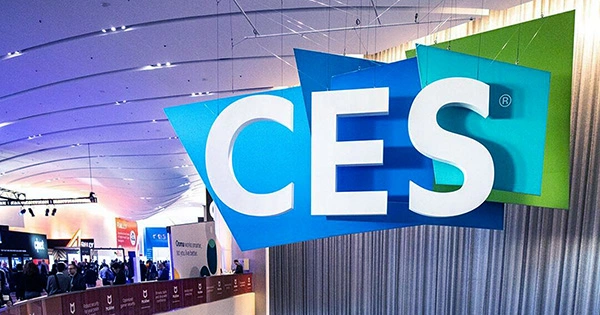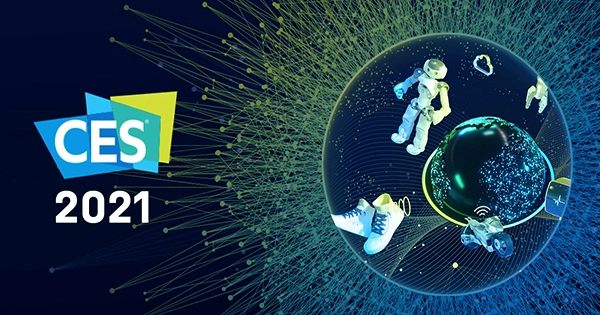We made a difficult decision in the weeks running up to CES. We canceled our flights and re-scheduled because omicron cases were on the rise across the country in the run-up to the holiday travel season. It made for a hectic final few weeks of the year, but as long as the exhibition held the first week of each year, those of us who work in the hardware industry will not be able to take much time off over the holidays. We were not the only ones who came to this conclusion after crunching the numbers. Engadget, The Verge, PCMag, and CNET were among the many publications who decided this year that the risk was simply not worth the return.
It was not an easy decision by any means. We gripe a lot about CES because it is difficult, hectic, and often downright depressing, but it has long been a crucial opportunity to witness firsthand what trends will emerge in the coming year. It is a fascinating mix of near-term consumer technology and futuristic sci-fi, as well as an opportunity to meet industry executives and interact with startups in the midst of Eureka Park’s chaos. You are likely to return with a head cold or flu, as well as a suitcase full of dirty clothes and industry swag (dubbed “the con crud”) by my comics industry pals, but that is just a result of being crammed into a convention center full of people in the dead of winter.

Of course, during a pandemic, the cost-benefit analysis alters dramatically. In the United States alone, there have been 57 million recorded cases and 831,000 fatalities due to the virus. Of course, focusing just on the latter figure ignores factors like the long-term effects of long-COVID on the human body. We have not seen the entire effect of vacation travel on the total number of cases, either. We could only make one conclusion in the end: we had covered CES remotely before and would do it again. I have no qualms with people who choose to come (certainly, I was considering how fascinating it we are to document a relatively sparsely attended show).
As the epidemic enters its third year, we have a lot greater understanding of what this virus is and how it spreads than we did the last time CES was hosted in person, in January 2020. Vaccines and boosters are now available. The CTA, which governs the performance, established regulations and mask rules, among other things. However, we were not the only ones who made this decision.
A number of prominent corporations have followed suit, in addition to the media outlets. GM, Google, Lenovo, Intel, T-Mobile, AT&T, Meta, Twitter, Amazon, Microsoft, Peloton, TikTok, Mercedes, BMW, Velodyne, IBM, Proctor & Gamble, OnePlus, and Pinterest are among the companies on the list. For a few weeks, high-profile dropouts were the biggest story coming out of CES, which was almost likely not what the CTA had hoped for or expected in the run-up to what meant to be the triumphant return of the tech convention.












